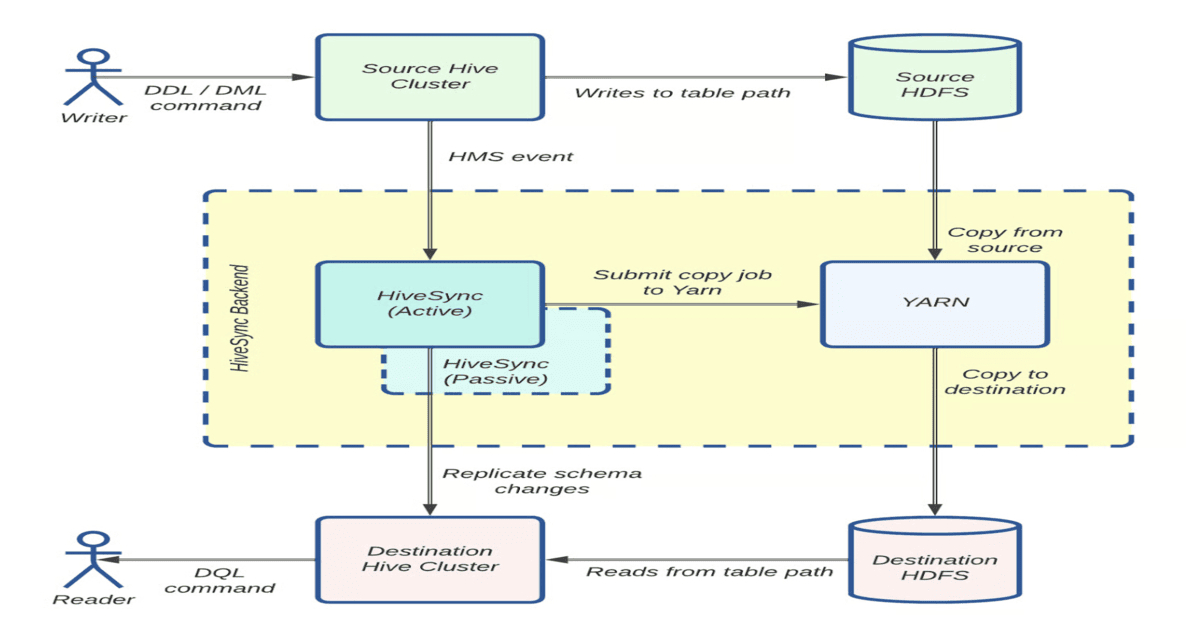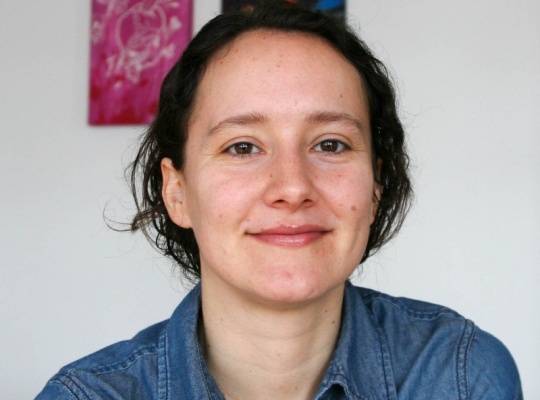Codetown
Codetown ::: a software developer's community
OrlandoJUG - Predicting the Stock Market with Genetic Programming:
Event Details
Time: March 24, 2016 from 6pm to 8pm
Location: PowerDMS @ Church St Station
Street: PowerDMS, 101 S Garland Ave #300
City/Town: Orlando, FL 32801
Website or Map: http://www.orlandojug.com
Phone: 321-252-9322
Event Type: meeting
Organized By: Michael Levin
Latest Activity: Mar 21, 2016
Event Description
Hello OrlandoJUG!
This month we have Dave Moskowitz in from Sarasota for a fascinating talk.
Here's the abstract for the presentation. There is a possibility of massive amounts of pizza!
Genetic programming (GP) is a class of nature-inspired AI algorithms that aims to automatically generate a population of computer programs to solve a target problem where the solution is unknown. By defining a fitness function (a high-level statement of the problem) and applying principles of Darwinian evolution (mating, survival of the fittest), GP breeds a population of computer programs that achieve a higher level of fitness and come closer to an optimal solution over time.
GP is most applicable to problems without deterministic solution. An example of such a problem is stock market prediction. There is no canonical theory on how to "beat the market". The most widely accepted belief regarding this question is stated in the efficient market hypothesis (EMH), which holds that no method can consistently beat the overall market, However, there is conflicting research from both the economic and AI communities regarding the validity of this hypothesis. While most research appears to deny the possibility of consistently beating the market after factoring in transaction costs, recent no transaction cost trading platforms, such as Robinhood, as well as more powerful and available data processing capabilities, make beating the market more in reach than ever.
The presentation will begin with an introduction to genetic programming, focusing on the more common tree-based (LISP) representation. Other approaches to GP, as well differences between genetic programming and genetic algorithms will also be discussed.
A Java based GP system, developed by the speaker, will be used to illustrate some basic GP examples. Finally, the genetic programming algorithm will be run on the S&P 500 index using current market conditions to see what it predicts for the immediate future.
This talk will convince you that genetic programming is essentially an approachable technique that can be applied towards many problems in the area of numeric optimization, prediction, design, or just about anything else you can do in a computer program.
About the Speaker:
David Moskowitz is a Market Data Architect at Ned Davis Research in Venice Florida where he develops and maintains web and REST based financial data delivery systems. He is currently a PhD candidate in Computer Science at Nova Southeastern University and is also the former chairman of the Sarasota Java Users Group.
As always, I'll remind you to please don't forget to drop by OrlandoJUG Town here at Codetown. The URL is www.orlandojug.com and it points to www.codetown.com/group/orlandojug.
Feel free to invite a friend. Please RSVP so I'll know how much pizza to order.
Notes
Welcome to Codetown!
 Codetown is a social network. It's got blogs, forums, groups, personal pages and more! You might think of Codetown as a funky camper van with lots of compartments for your stuff and a great multimedia system, too! Best of all, Codetown has room for all of your friends.
Codetown is a social network. It's got blogs, forums, groups, personal pages and more! You might think of Codetown as a funky camper van with lots of compartments for your stuff and a great multimedia system, too! Best of all, Codetown has room for all of your friends.
Created by Michael Levin Dec 18, 2008 at 6:56pm. Last updated by Michael Levin May 4, 2018.
Looking for Jobs or Staff?
Check out the Codetown Jobs group.
InfoQ Reading List
Hybrid Cloud Data at Uber: How Engineers Solved Extreme-Scale Replication Challenges

Uber’s HiveSync team optimized Hadoop Distcp to handle multi-petabyte replication across hybrid cloud and on-premise data lakes. Enhancements include task parallelization, Uber jobs for small transfers, and improved observability, enabling 5x replication capacity and seamless on-premise-to-cloud migration.
By Leela KumiliOpenAI Codex-Spark Achieves Ultra-Fast Coding Speeds on Cerebras Hardware

In a major shift in its hardware strategy, OpenAI launched GPT-5.3-Codex-Spark, its first production AI model deployed on Cerebras wafer-scale chips rather than traditional Nvidia GPUs. The new model offers delivers improved throughput and low-latency, enabling a real-time, interactive coding experience, says the company.
By Sergio De SimonePodcast: [Video Podcast] Frictionless DevEx with Nicole Forsgren

In this episode, Thomas Betts talks with Dr. Nicole Forsgren, the author of Accelerate and one of the most prominent and important minds in DevOps and developer productivity. The conversation is about identifying and removing developer friction, the subject of her new book, Frictionless.
By Nicole ForsgrenPresentation: Busting AI Myths and Embracing Realities in Privacy & Security

Katharine Jarmul keynotes on common myths around privacy and security in AI and explores what the realities are, covering design patterns that help build more secure, more private AI systems.
By Katharine JarmulJava News Roundup: Lazy Constants, TornadoVM 3.0, NetBeans 29, Quarkus, JReleaser, Open Liberty

This week's Java roundup for February 23rd, 2026, features news highlighting: new JEP 531 Candidate, Lazy Constants; GA releases of TornadoVM 3.0 and NetBeans 29; point releases of Quarkus, JReleaser, Chicory and RefactorFirst; maintenance releases of Micronaut and Jox; and the February 2026 edition of Open Liberty.
By Michael Redlich
© 2026 Created by Michael Levin.
Powered by
![]()
RSVP for OrlandoJUG - Predicting the Stock Market with Genetic Programming: to add comments!
Join Codetown